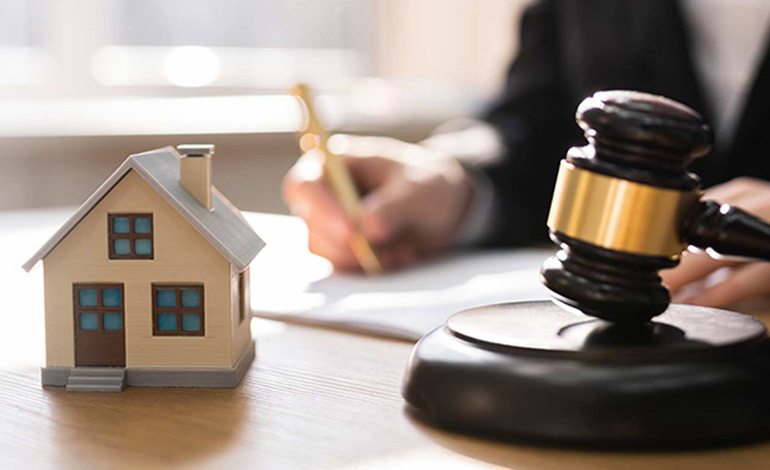“Don’t spend what you don’t have.”- Benjamin Franklin
Mortgage is part of American culture. Peter is doing it. Paul is doing it. So you should do it too. It makes sense too. Everybody needs a house. But buying a house costs too much money. Too much to be tied up into a single asset in the early days of your adult life. Thanks to institutional lenders, we can distribute that burden into 10 to 30 years of our work life. We get to own the house now and the lender will charge a premium for the service as a compensation for the risk they take. Fair game.
In an ideal world, everyone pays their monthly mortgages on time. The lender pockets a tidy profit each time. Just great. Except that in the real world, people default on their payments. And you only need to know 5th grade math to understand why. The borrowers can’t spare enough money every month to pay off the mortgage. Which brings us to the only rule you need to follow to avoid a foreclosure.
1. Your wants should match your income
One general rule that is popular among lenders is that you can lend as much as 2x to 2.5x the gross income of an individual. If you earn $60,000 a year, the banks will be willing to lend you a sum of money between $120,000 and $150,000. But don’t get fooled by these estimates. XYZ bank is willing to lend you so much doesn’t mean you should take it all. Because this rule doesn’t consider the expense side of the equation.
Income is only what comes in. So consider your major monthly expenses including existing debt repayments before committing to the mortgage. That’s why, for all practical reasons, we use net income for our estimates. Net income equals your income less your expenses. The rule of thumb is to only use less than 25% of your net income on mortgage payments. If your net monthly income is $3000, you can’t have a mortgage with monthly payments greater than $750. Or else you will end up house-poor. This means much of your wealth is tied up to your house and much of your income is spent on servicing the mortgage debt and maintaining the house. If things turn even a little sour, you will be led to a foreclosure. Nobody wants to be there. Certainly not you.
Unfortunately we can’t stop there either. Income and debts are not the end of the story. You also have other things to do in life that require money. Things like insurance, saving for children’s education, and retirement accounts, to name only a few. You might also need debt for other needs.
We don’t know the future. At least not yet, though that doesn’t prevent us from speculating about it. We often overestimate our future income and underestimate our future expenses. Nobody knows what causes the next recession. Only that they will happen every 10 to 20 years or so. Unpredicted medical expenses, natural disasters, job loss, divorce. You name it. Any of these can turn your financial position around. And none of this is in your control.
It’s always advisable to pay a fraction of your home price upfront while getting into the mortgage process. If you can put a 20% of your home price as a down payment, you can save the private insurance expense. It will also attract better interest rates. Also keep a cash cushion to pay a few months’ mortgage in case you have to get onto hot water. Always play it safe. Keep a buffer. Even if everything doesn’t happen the way you thought, have enough free cash to tide over the situation.
But that’s still not all to the story. You should consider the macroeconomic environment before making up your mind about buying a house. If the interest rates are too high, either you can postpone your home-buying decision or you can opt for an adjustable rate mortgage (ARM). An adjustable-rate mortgage is benchmarked on some index like the 1-year treasury yield, plus a fixed margin for the lender. If you are getting your mortgage when the interest rates are high, it makes sense to opt for an ARM.
To sum it up, if you are thinking about a mortgage, start by identifying and differentiating your needs and wants. In the end, you should zero in on the things you can’t live without. A pool is something I can leave out. But I prefer to have a big library in-house. But that’s just me. Your choices can vary. Simply put, don’t buy a house you can’t afford. Remember why you bought it in the first place. If you start losing your sleep over the matter, the house is of no use.




